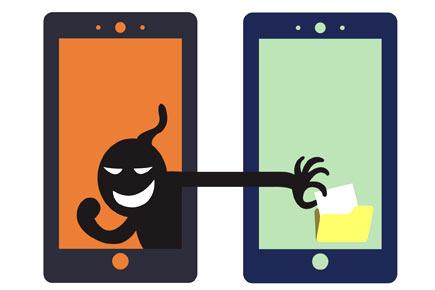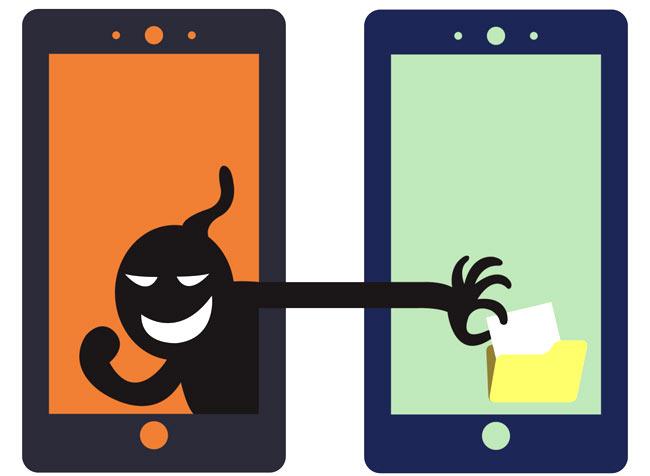Twice as many malicious banking applications were discovered last year in comparison to 2012

The number of malicious programmes targetting smartphones and tablets doubled last year and they are increasingly focusing on stealing money from bank accounts, warn researchers.
Security firm Kaspersky Labs announced that it had discovered almost 1,00,000 pieces of malicious codes attempting to steal data from mobile phones and tablets in 2013. The number has gone up from 40,059 during 2012.
ADVERTISEMENT

Representational picture
Most of these attacks, over 98 per cent, were targetted at Android devices. At the beginning of 2013, there were just 64 known banking Trojans aimed at the operating system. But the firm had collected 1,321 unique samples by the year-end.
The company’s latest report on mobile malware claims that hacking banking apps is now a ‘cyber industry’, which is becoming more focused on making profits more effectively. This can involve phishing for personal data, stealing credit card information or making direct transfers of money via banking apps from user’s accounts to the hacker’s.
Some examples are so highly advanced that they operate symbiotically with a second virus on a user’s PC. When
a virus on the computer attempts to access online banking and is faced with security, which sends a unique code to the user’s phone, it can then be sent that code by the mobile virus, fooling the bank into thinking that the log-in attempt is genuine.
 Subscribe today by clicking the link and stay updated with the latest news!" Click here!
Subscribe today by clicking the link and stay updated with the latest news!" Click here!







